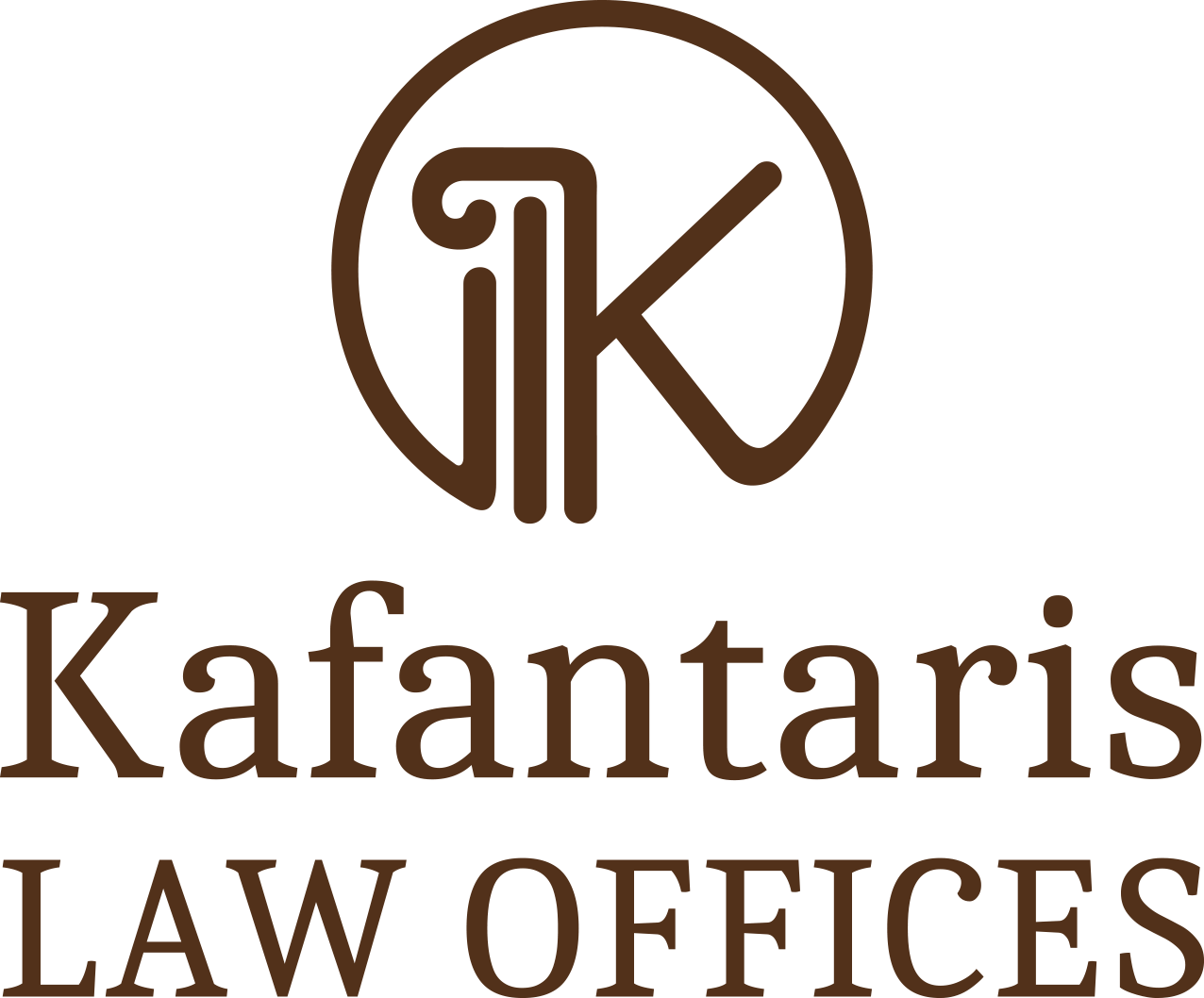In dealing with the courts, we learned early on how to communicate effectively with judges, no matter what their attitude towards us, or the facts of the case. In appellate argument, we similarly learned to stop dead in our tracks not even finishing our sentence – when a judge asks us a question. Indeed, this is our opportunity to engage the court through our point of view and advance our client’s position. The same is also true of voir dire when we speak with the jurors and subtly introduce them to the facts of our client’s case: a theme that is later reinforced in our opening, the evidence, and closing remarks.
In representing our clients, however, we seem all too eager to take charge from the very beginning in fashioning complex remedies, filing intricate pleadings, writing memos and correspondence, taking depositions and otherwise orchestrating a myriad of variables in prosecuting or defending their case. Being thus in control of this entire production, it is often easy to lose sight that the case in fact belongs to the client – whose ear we must have, and whose changing wishes we must monitor throughout our representation.
Housing Complex Eviction Case
Take, for example, the young lawyer who was representing a housing complex in a mundane eviction case for nonpayment of rent. As others before it, he diligently filed the complaint and the matter was set for an early morning hearing. The housing manager had not yet arrived when the magistrate called the case, but the tenant was there and explained that she had just received her income tax refund and could now pay the entire arrearage, a month’s advance rent, as well as court costs and attorney’s fees. “What more could a landlord want?” the young lawyer thought, and he advised the magistrate that case was resolved and entered the settlement on the record. As he was leaving the courthouse, the housing manager was just walking in and the young lawyer began to tell him of how he settled the case. “I wanted her out,” the manager said with a stone face. That was the last eviction case the young lawyer got from his client.
Auto Accident Negligence Case
Even a seasoned litigator can miss the “cue” in figuring out what the client wants. At issue in the auto accident negligence case was whether the defendant’s headlights were on at the time of the collision. The defendant could not remember, and plaintiff’s counsel claimed that they were off. This experienced lawyer, therefore, had the bulb filaments examined, which showed that the lights were on, and the defendant was not negligent in that regard. Elated with the good news, the lawyer wrote the carrier a letter advising that they should only offer nuisance value to the plaintiff. The claims manager called back, however, and told the lawyer to accept the plaintiff’s last demand. Believing this instruction to be in error, the defense lawyer wrote back insisting there was no basis to pay the plaintiff because she could not establish liability. A subsequent fax from the carrier coldly instructed the defense lawyer to take the last offer and close the file. He did, and more than a year went by before his firm received any new files from that carrier.
Clear Communication is Key
In both of these examples, the lawyers acted with admirable diligence, industry, and skill in furtherance of their client’s interests – or so they thought. Unfortunately, the clients had a different idea of what was best for them. And, as we all must remember, we work for the client and must abide by their wishes, period.
But how can we know what they really want at any give time? Simply asking them would tell us. We spend plenty of time chit- chatting with other lawyers while waiting for our case to be called. Why not take a few minutes to feel out the client on what he ultimately wants to see happen as well. If nothing else, it would show respect for his wishes while also putting in check the “I know what’s best for you” attitude that so often gets in the way.
And if you have missed the opportunity to ask, do not assume to know the answer, no matter how perceptive you may be on human behavior, or how well you know your client’s affairs. Clients’ priorities change, and sometimes they change overnight. As the mouthpiece for our client, we need to be in tune to their needs and goals as they see them Communication is the key.
ABA studies repeatedly show that the chief complaint among dissatisfied clients is unreturned phone calls. Clients want a response within twenty-four hours. Call them and let them know you have been in court all day, that you have been working on a brief or memo, or that you have had a lousy day and need to go home to clear your head. Whatever the circumstance, be sure to talk to them. Clients can be very understanding and accommodating so long as they feel they are not being ignored. Even if you cannot talk to the client yourself, have someone in the office call and listen to them. Sometimes, explaining what happened is enough to bring about a sense of closure to the matter that prompted them to call in the first place. As a last resort, write them a brief note and follow-up later with an actual call.
Lack of frequent communication leads people to foolishly guess about another’s wants, needs, or aspirations. With the mobile age of technology, there is no need to guess anymore. Just call, talk, and listen. You will not only have more satisfied clients, but also very loyal ones who will pass half a dozen other offices to come to yours.






